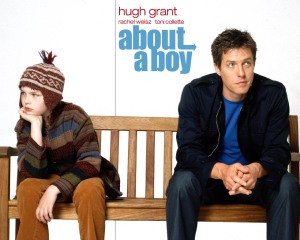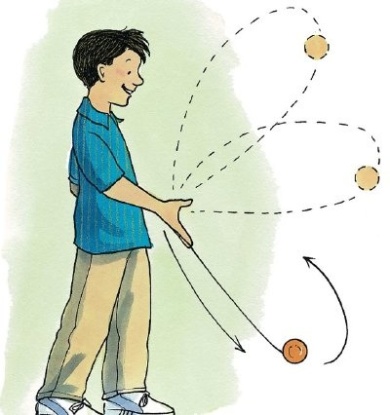Tomorrow, November 6th, Americans will head to the polls (if they haven’t mailed in already!) to vote for the next President of the United States. Presidential elections, thank God, only occur every 4 years. This year I’ve seen many of my friends and family alienated from one another because of emotional reactions to political opinions expressed in various formats. That, however, is not the subject of this blog.

The subject of this blog is what happens tomorrow night. After all the votes have been counted (which may actually take a couple of days), a President will have been decided. But something really odd happens after an election- some on the the “losing” side begin to wax depressed about how the country will fall into some dystopian state because “the other guy” won. People put so much stock in their political candidate, and invest so much emotional and intellectual energy into the cause of their preferred candidate that it negatively affects their disposition in a very strong way. I’m not saying it’s unnatural to have some sort of emotional reaction when you face disagreement, especially from half the country… but here’s what I am saying.
I’m writing this to ask Christians to check their hearts before heading to the polls. Many of you will feel this overwhelming sense of dread if your candidate loses. What if it means the end of America? Or at least America as we’ve known it? What if the newly elected President supports legislation you think is incredibly damaging? What if they’re pro-choice? What if they want to keep getting involved in foreign wars and conflicts? This will all lead to catastrophe!
Remember, when early Christians affirmed the statement, “Jesus is Lord” they did so in opposition to the Romans’ insistence that “Caesar is Lord.” Jesus fundamentally stood in opposition to the worship of the highest office in the land. Jesus is greater than any ruler. He’s the King of Kings, the Lord of Lords, and I’m sure if the office existed during the writing of the Bible, he’d be the President of Presidents. These aren’t spiritual statements. They’re political statements. They all proclaim this one central truth: Jesus>.
Jesus>political parties.
Jesus>ideology.
Jesus>the President.
Jesus>fiscal policy.
Jesus>foreign policy.
Jesus>your candidate.
Plain and simple. Jesus is greater. All I want is for Christians to keep this in perspective as they approach the polls tomorrow.
If, after the election has been decided you feel a sense of dread, I would suggest you’ve elevated a man and his philosophy to the place of God in your heart. If you’re placing your hope of well being in who gets elected President, you’ve offloaded God’s responsibility to the President. If you believe that everything you’ve known can’t withstand a Republican or Democrat in office, you’ve elevated them to an unhealthy level, and rejected the teachings of Scripture. Remember, Romans 13:1 says that the authorities that exist have been placed in authority by God. God is truly the decider of elections. Not you. And He’s in control. So let Him do His thing.
So tomorrow, if you find yourself on the “losing” side, remember this: you are on the winning side because God is in control. Thank God, suck it up, and be a cheerful loser. Congratulate the “opponent”. Rejoice, because God has a better plan than you do. America is just a place, the Church is a people. People are always more important than a governmental system or political philosophy. Ultimately, tomorrow’s election will be simply that: God’s will being elected. All because Jesus is greater.


